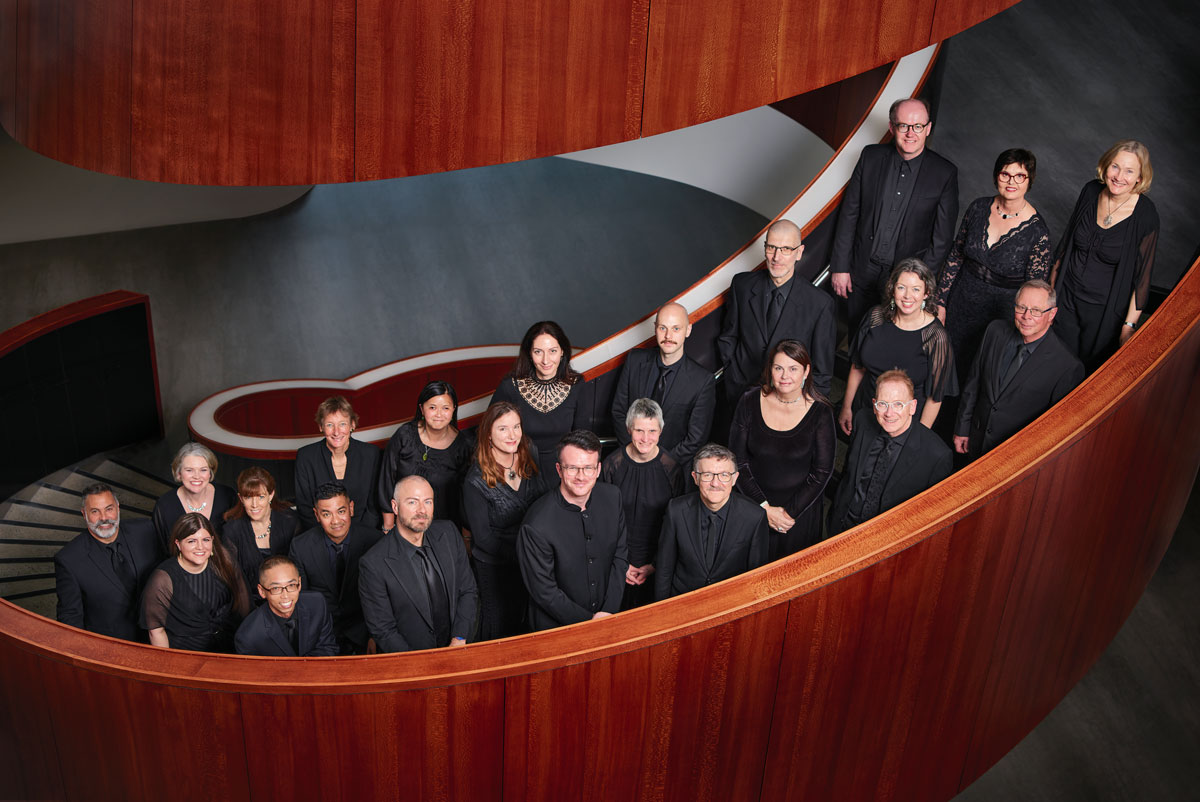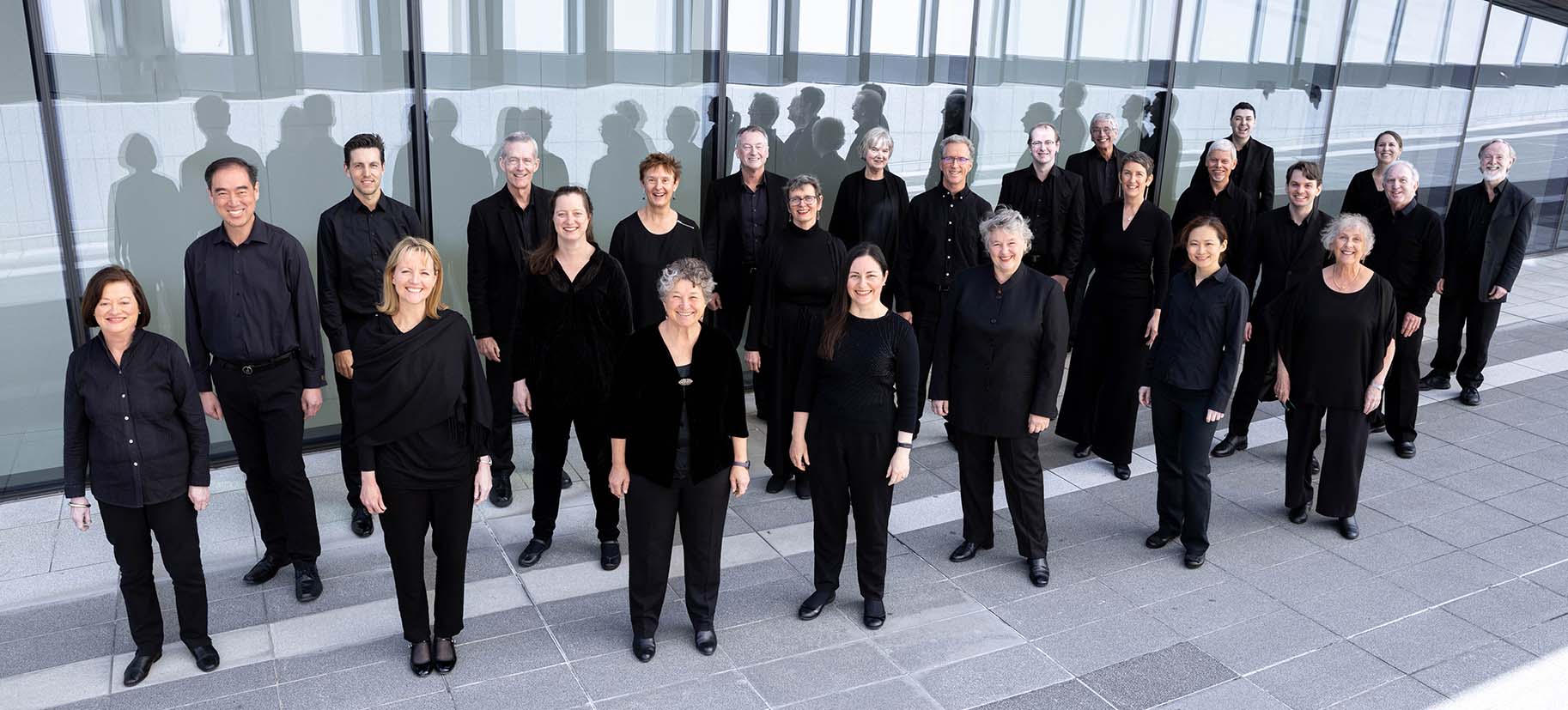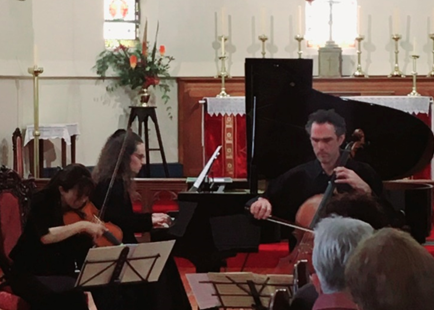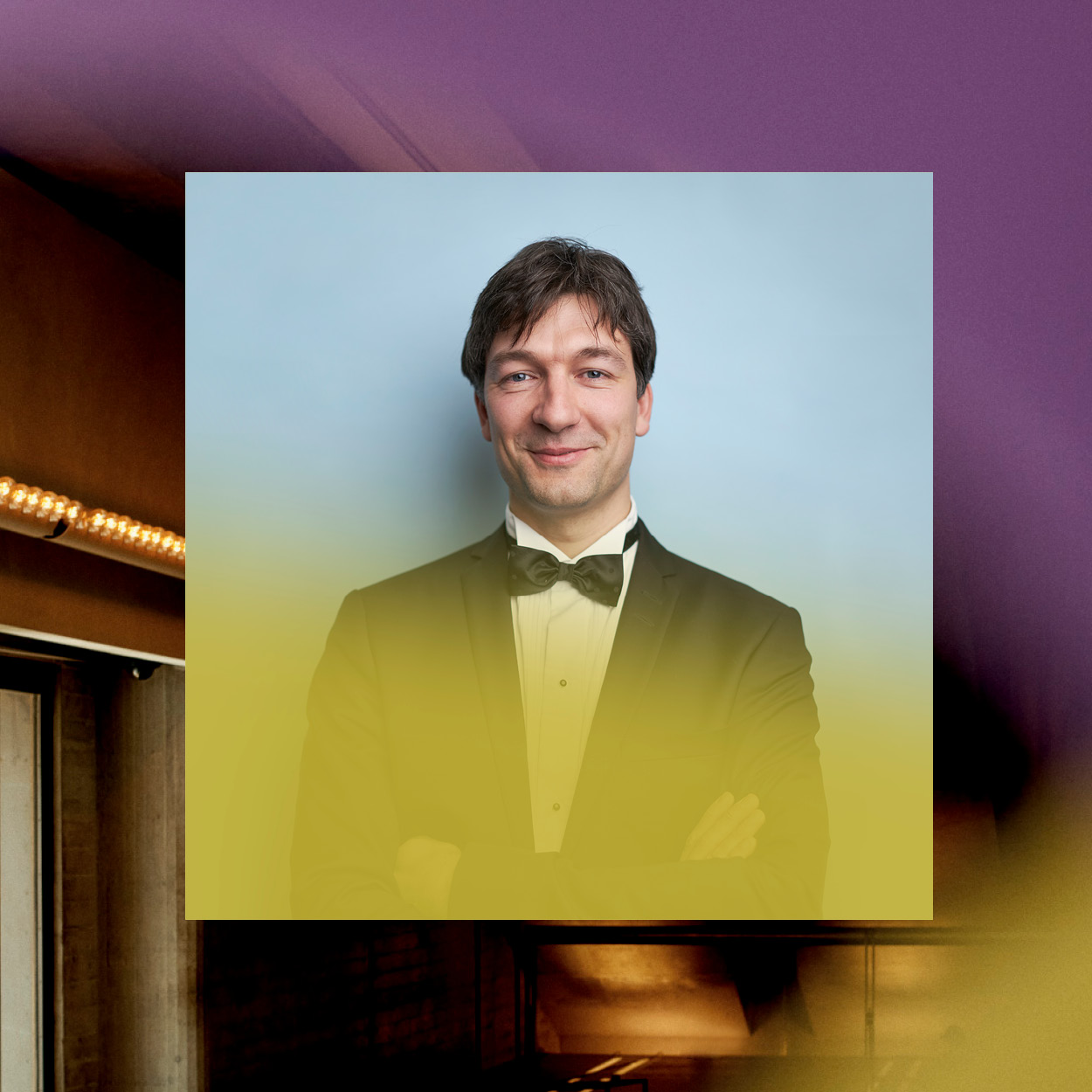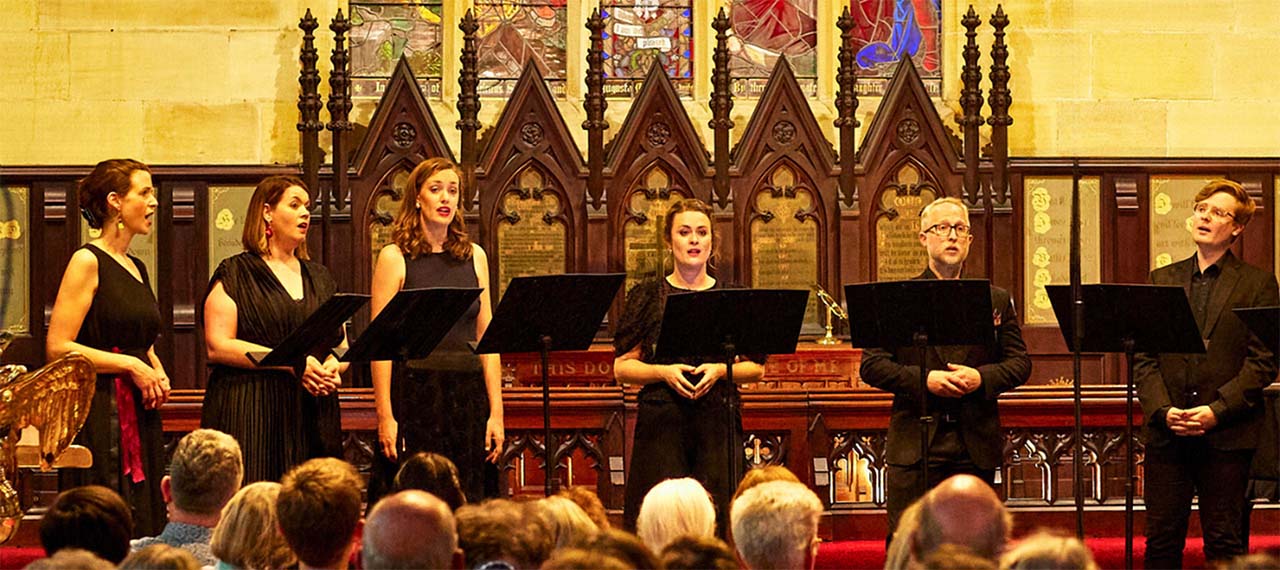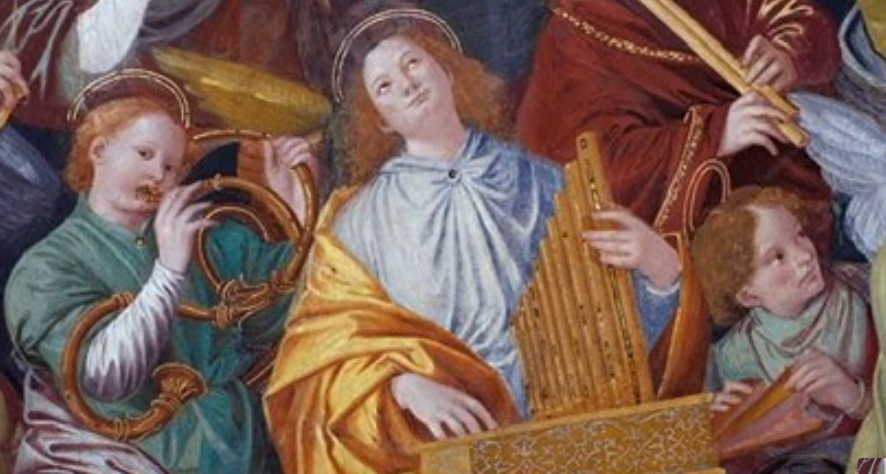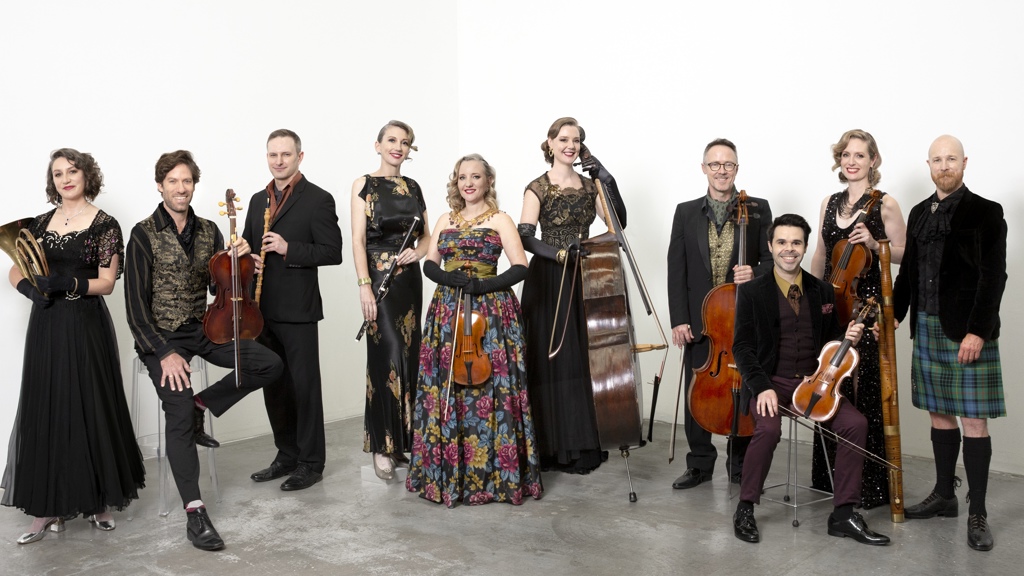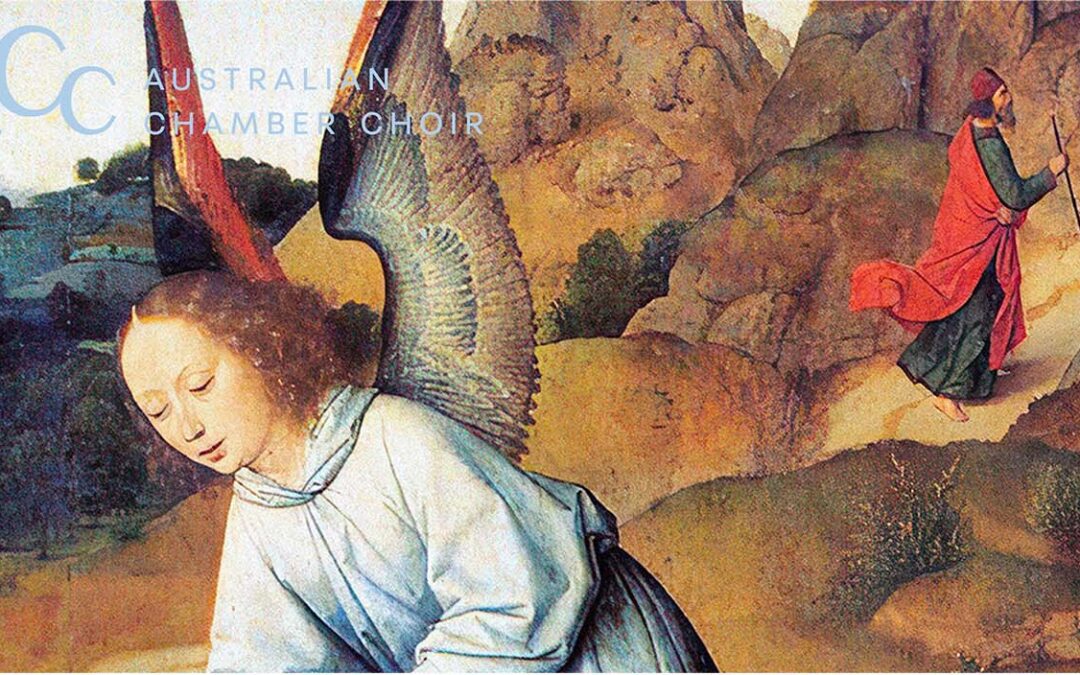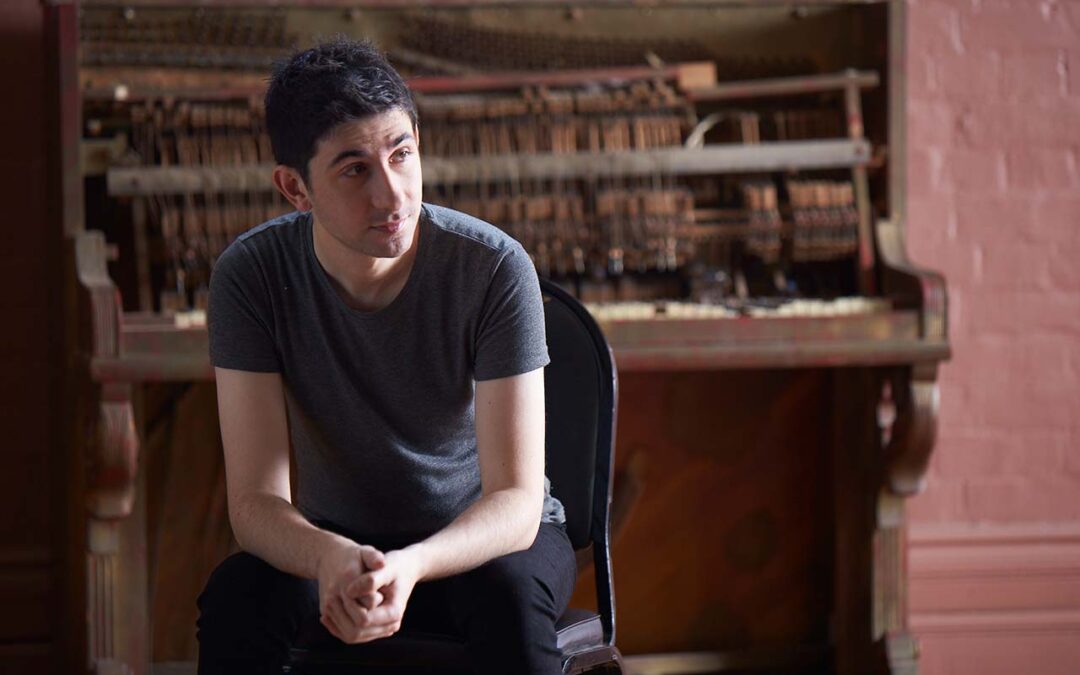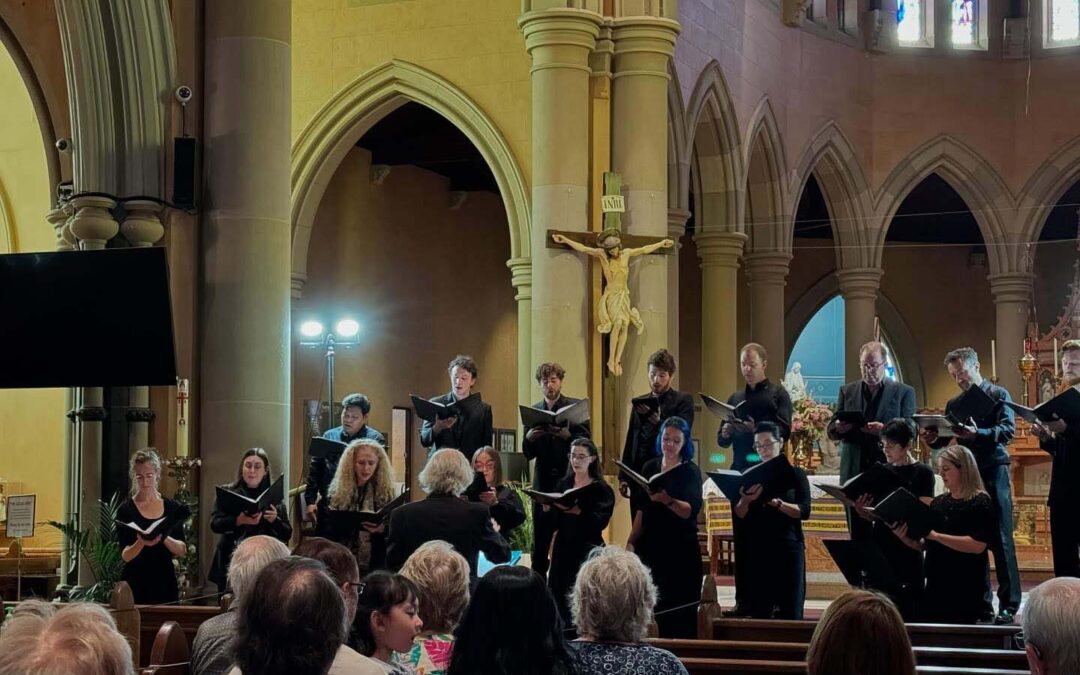ACO Transfigured | 7PM Wednesday, 9th September 2020 | City Recital Hall, Sydney
To say that it was ‘relieving’ to attend a live concert at this point in Australia’s battle with COVID-19 would be the understatement of the year.
The Australian Chamber Orchestra (ACO) are the first orchestra to return to City Recital Hall and are amongst the first orchestras in Australia to return to live performances at all. Managing Director, Richard Evans remarked that the ACO had received 2.5 million views on YouTube as part of its popular ‘HomeCasts’ online performance series.
ACO’s Transfigured program brought a sense of normality back to the lives of patrons – at least for those lucky enough to nab one of the coveted sold-out seats (arranged in socially distanced pairs throughout the venue).
The one-hour program featured an (albeit, brief) appearance by William Barton (voice, didgeridoo and guitar) leading one of his earliest works, Didge Fusion as well as Felix Mendelssohn’s String Quartet in D major Op. 44, No. 1 (arranged by Richard Tognetti for string orchestra). The program closed with the haunting, pre-Second Viennese School sound-world of Arnold Schönberg in Verklärte Nacht, Op. 4 (1917).
The ACO players were met with rapturous applause (topped only by the subsequent entrance of Artistic Director and Concertmaster, Richard Tognetti) as they took their places before their own music stands – a visibly noticeable absence of desk sharing due to social distancing. Tognetti expressed his gratitude for ‘live humans clapping’. He paid tribute to the ACO’s ‘beloved, dear friends in Melbourne’ who presently face the worst of Australia’s battle with COVID-19 under stage four restrictions. Tognetti highlighted the stark parallels between Schönberg’s Verklärte Nacht and the Melbourne lockdown in the sense of a ‘barren, cold night’ translating to a sense of ‘hope and devotion’.
William Barton opened the program with unamplified steel string guitar harmonics in Didge Fusion that seemed to seep into every crevice of the City Recital Hall.
An ever-changing texture became quickly apparent, layering sparse soli entries from (most interestingly) the second desk players. The featured musicians reminded the ACO audience of the high quality of musicianship that extends throughout the entire ensemble with the effortless execution of wide vibrato as well as tremolo passages. As the ensemble united to create the ACO’s signature tutti sound in the closing section of Didge Fusion, its virtuosity was put to the test in Tognetti’s full arrangement of Mendelssohn’s String Quartet in D major.
This quartet of Mendelssohn’s carries stark similarities in its loving and romantic sentiment to Alexander Borodin’s more common second (and final) quartet. From its opening exposition, an atmosphere of joy and romance was swiftly established. The ACO’s interpretation wholeheartedly embraced the youthful and sentimental aspects of the work, particularly in the opening and closing movements, creating a suitable warmth in both timbre and mood throughout the ensemble. An eager audience applauded [without fail] immediately after the first movement, thrilled at experiencing the return of the ACO’s sound Angel Place. As the ensemble closed in on the second and third movements, Tognetti’s arrangement became increasingly demanding of the ACO players who were unrelenting in their approach throughout the work. Whereas some string quartet expansions for string orchestra will omit difficult phrases for its non-principal players, Tognetti’s arrangement of this quartet allowed the orchestra to boast the ability of its players to tackle such technically challenging music. Seldom were virtuosic parts allocated to only the principal players as solos. Mastery of ensemble was on display with a seamless transition from a tutti cadence into a quartet soli section within the second movement. It is without doubt that the ACO’s drive to remain active during the pause in live performances with ensemble recordings has proved invaluable to maintaining their ensemble.
The music of pre-non-tonal Arnold Schönberg, (a composer usually associated with his non-tonal colleagues of Second Viennese School, Anton Webern and Alban Berg) was handled with precision by the ACO players. Their tunings were notably pure in exposed sections which helped ensemble colours come through in muted con moto sections of the work. Stefanie Farrands’ (Principal Viola) solo was phrased with extreme care as she achieved appropriate colours in this programmatic score. The ensemble’s niente was also very notable, with an exposed and slightly reduced (in numbers) ACO for this program revealing its true capabilities.
The ACO were their usual tight, expressive and musically innovative selves in Transfigured. The completely sold out performance demonstrated that Sydney audiences are as eager as ever to attend the concert hall and experience fine Australian music making at its best. Social distancing was closely followed by all patrons begging the question – could more concerts go ahead safely with similar or increased capacity? It’s appears almost certain that this is something that audiences are crying out for.

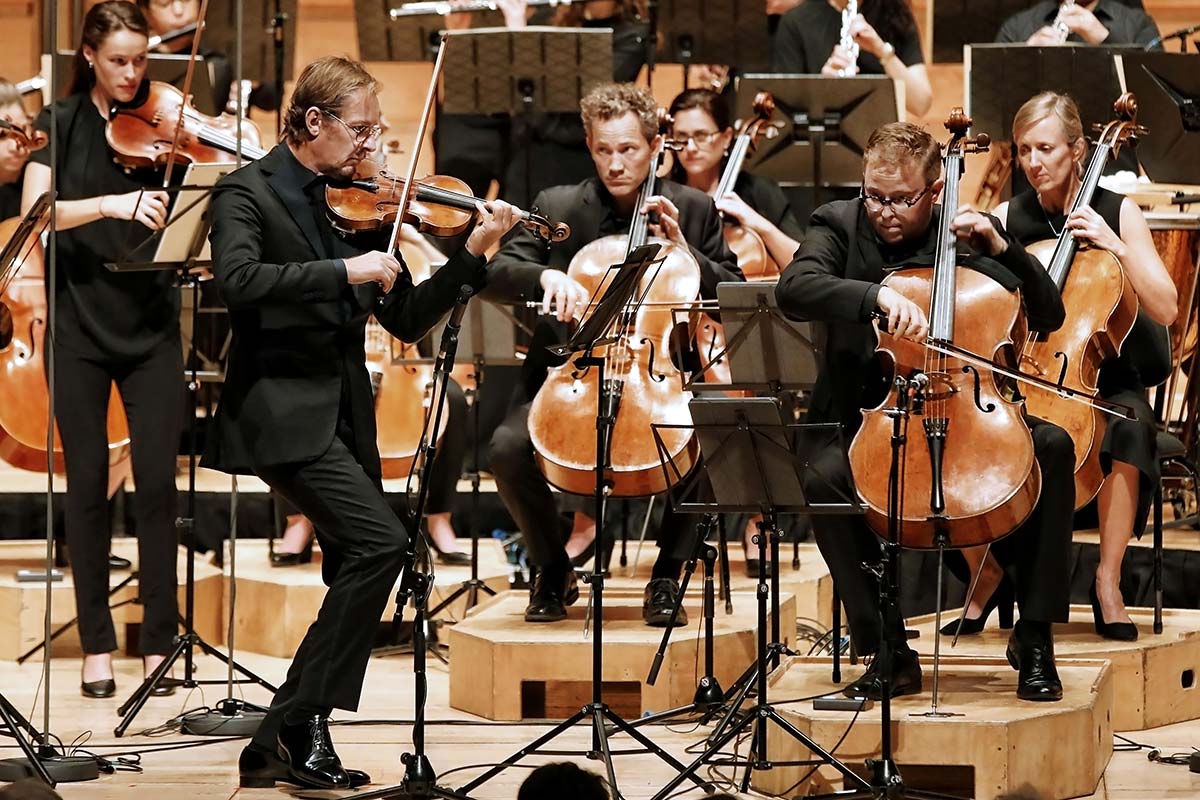
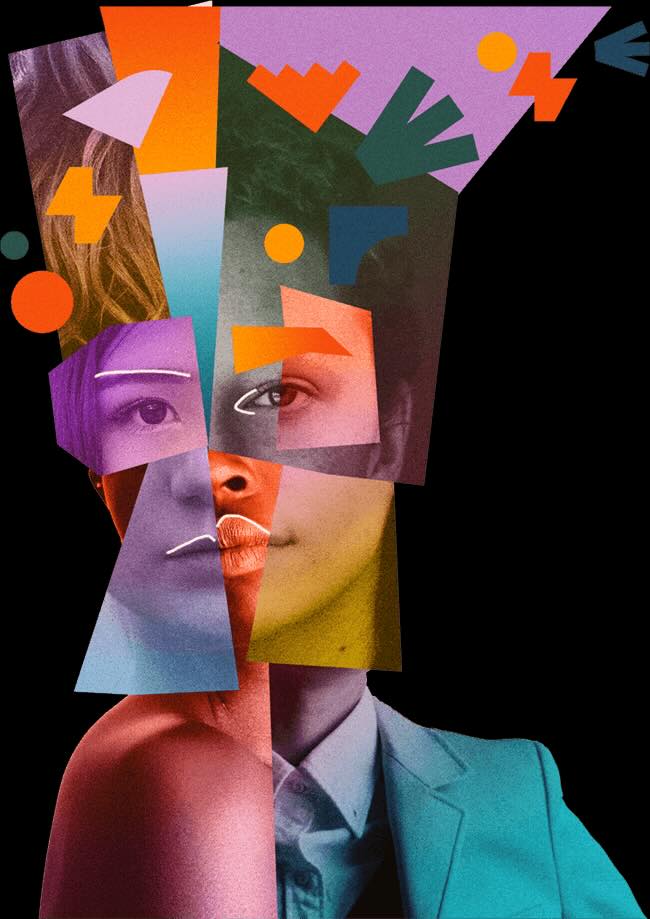


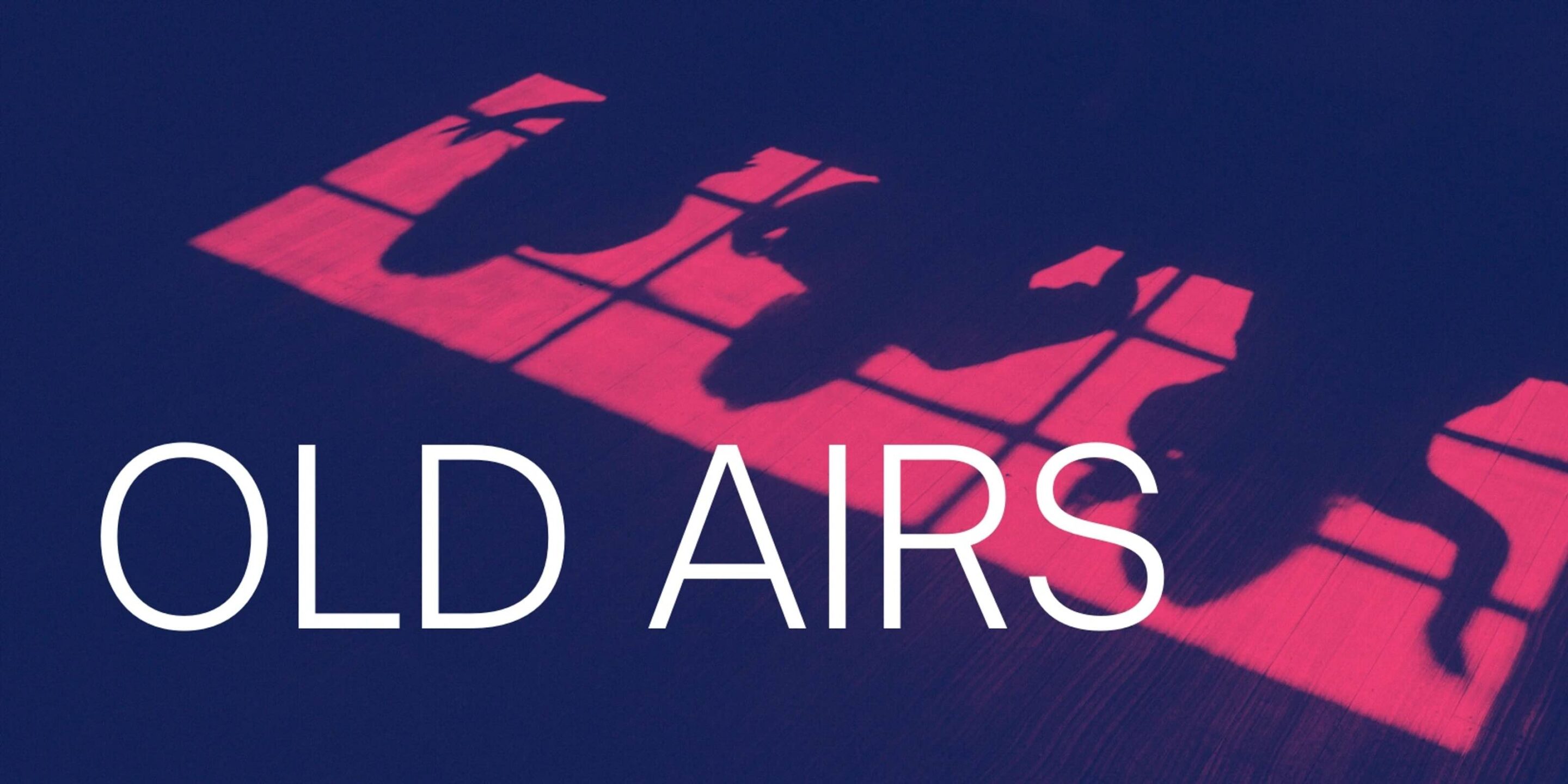
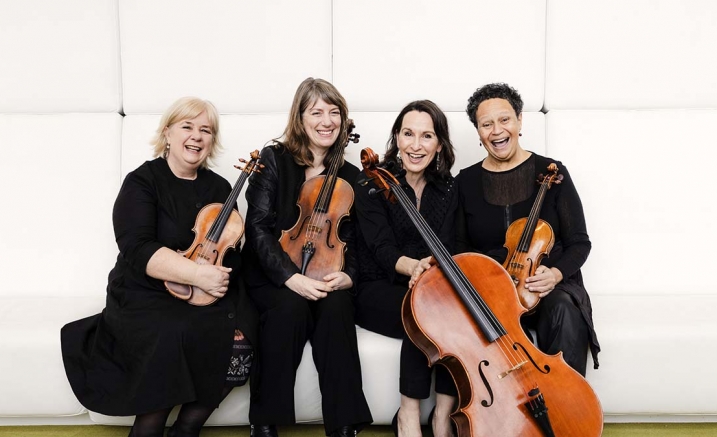


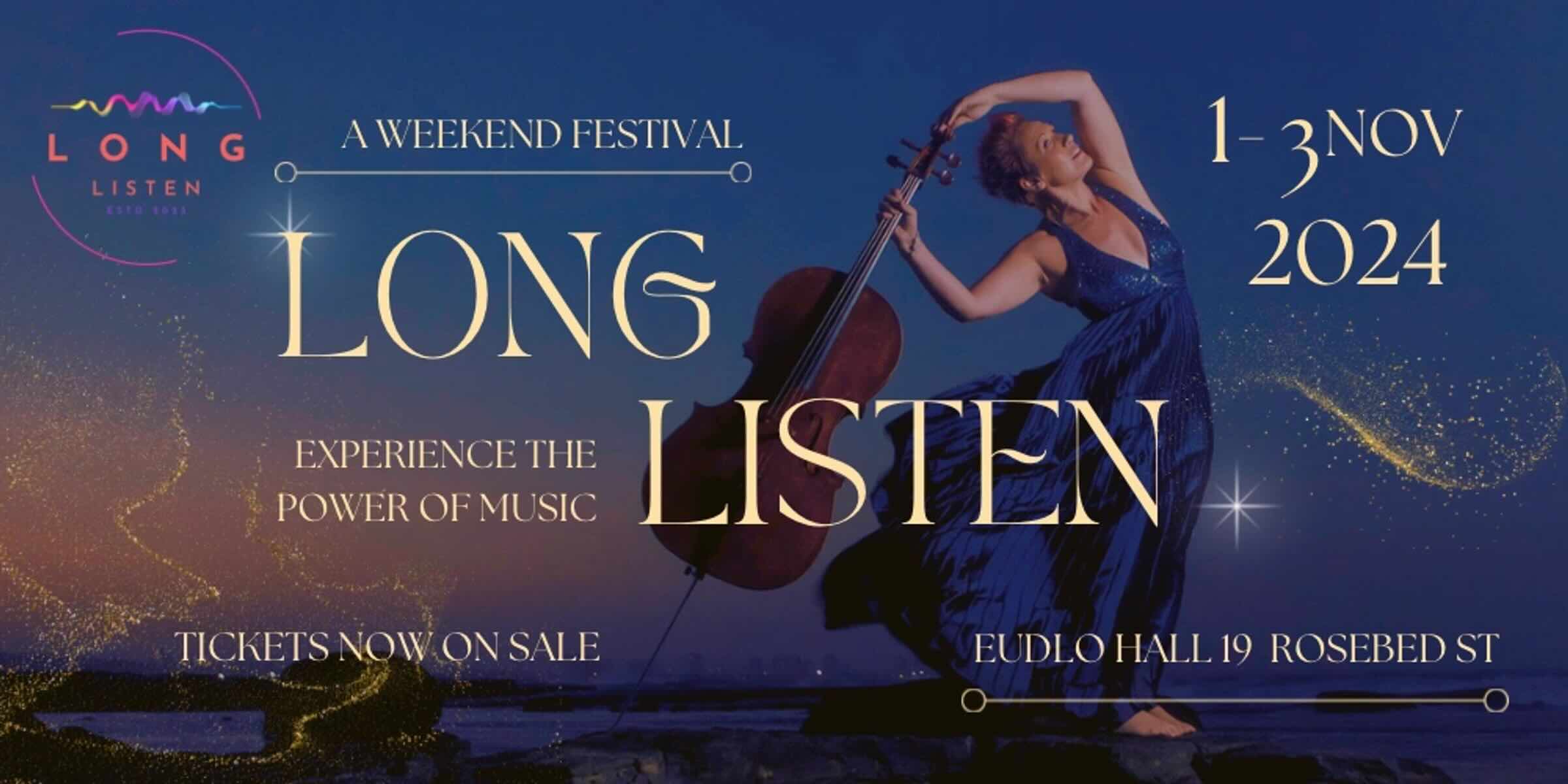
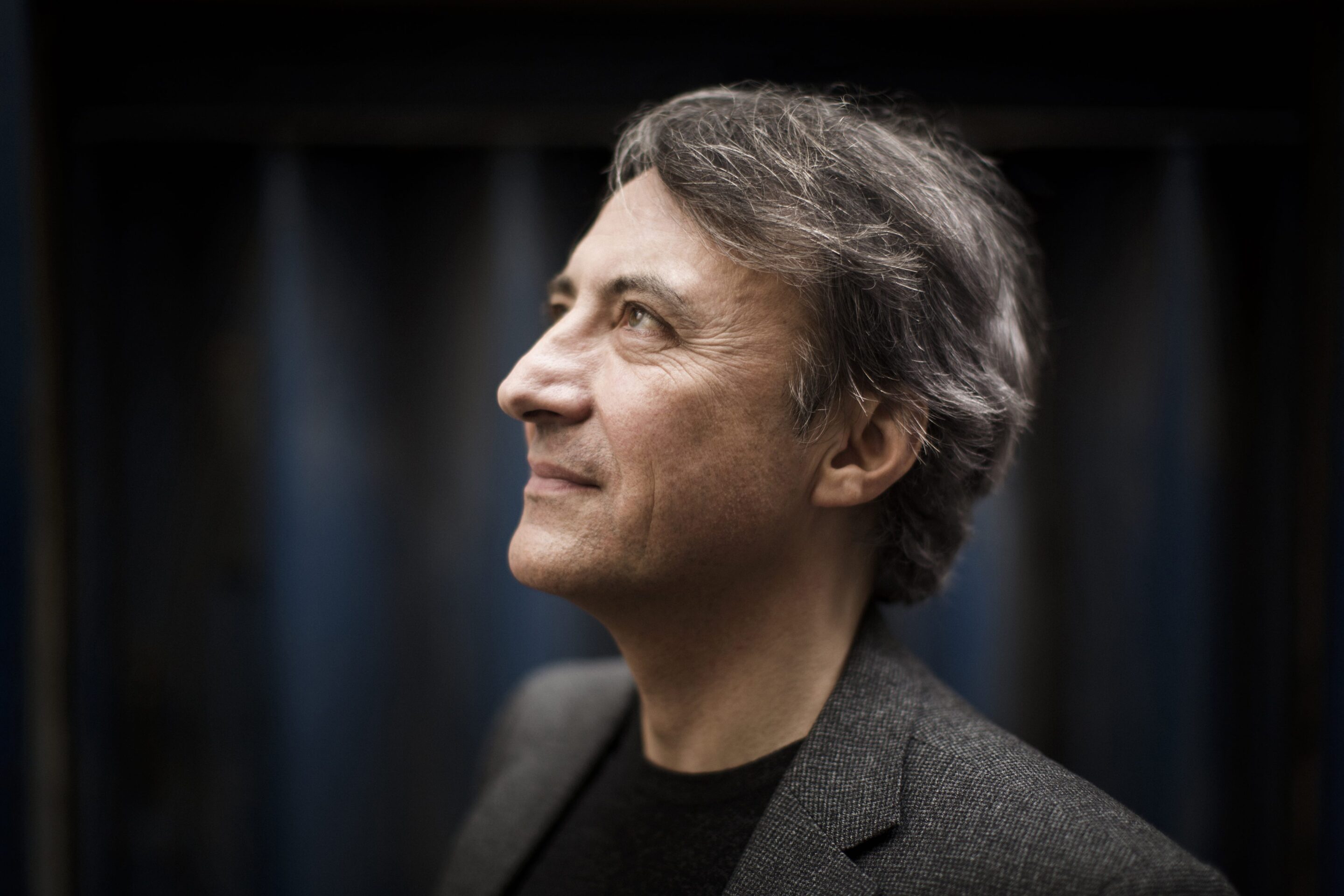

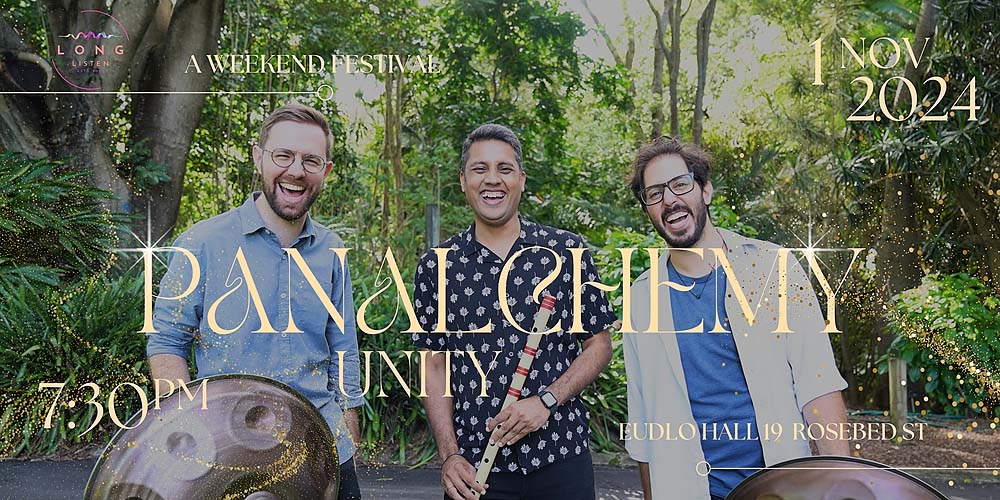
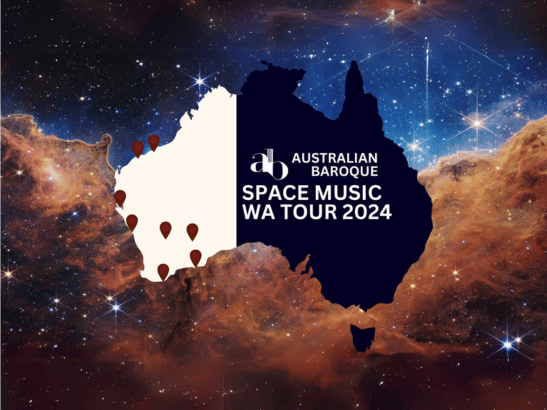
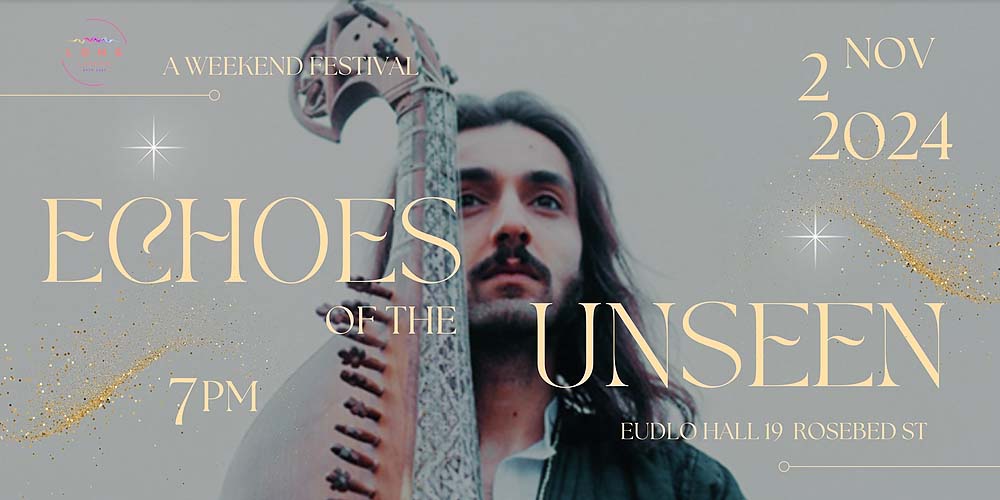
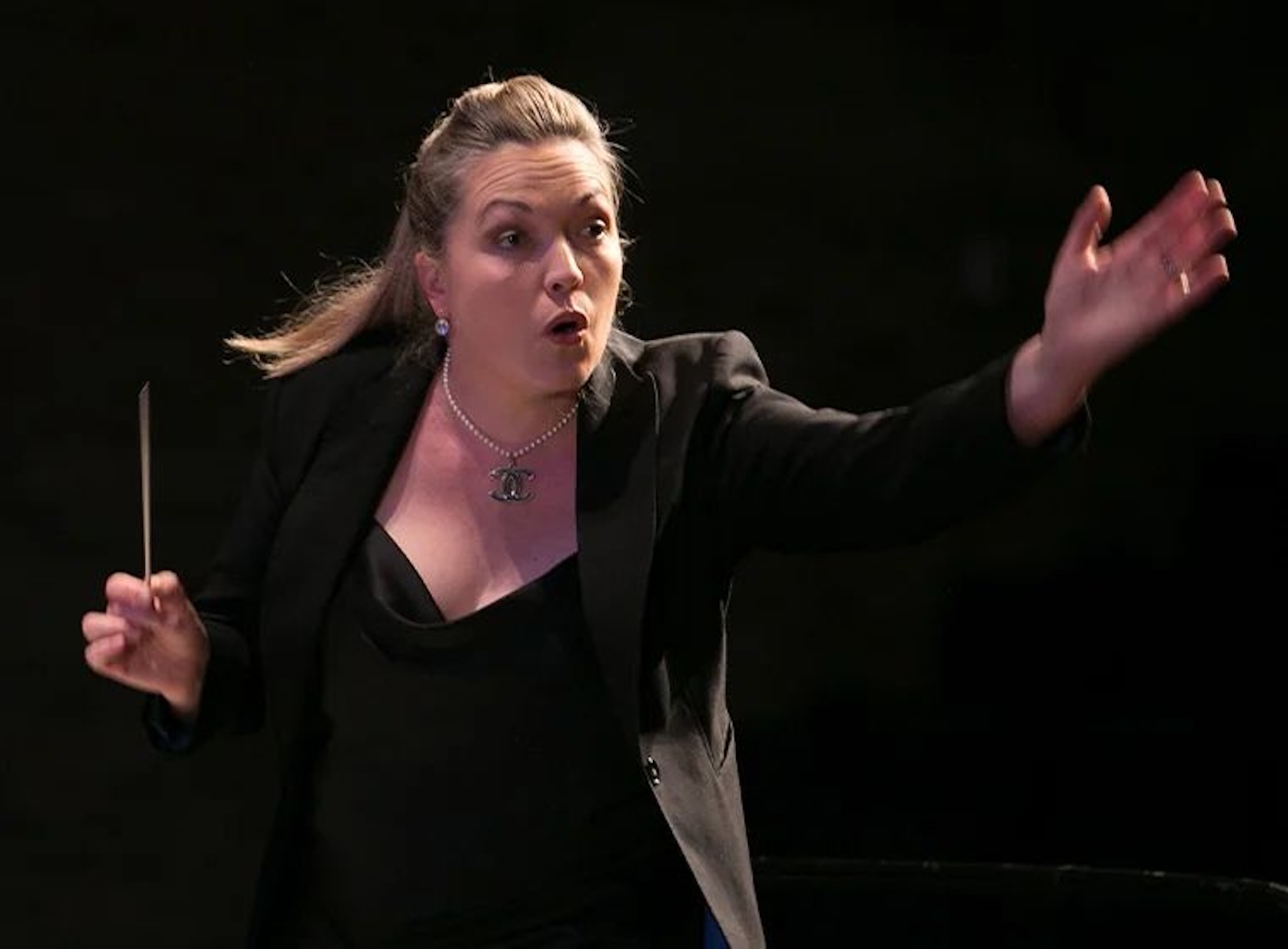
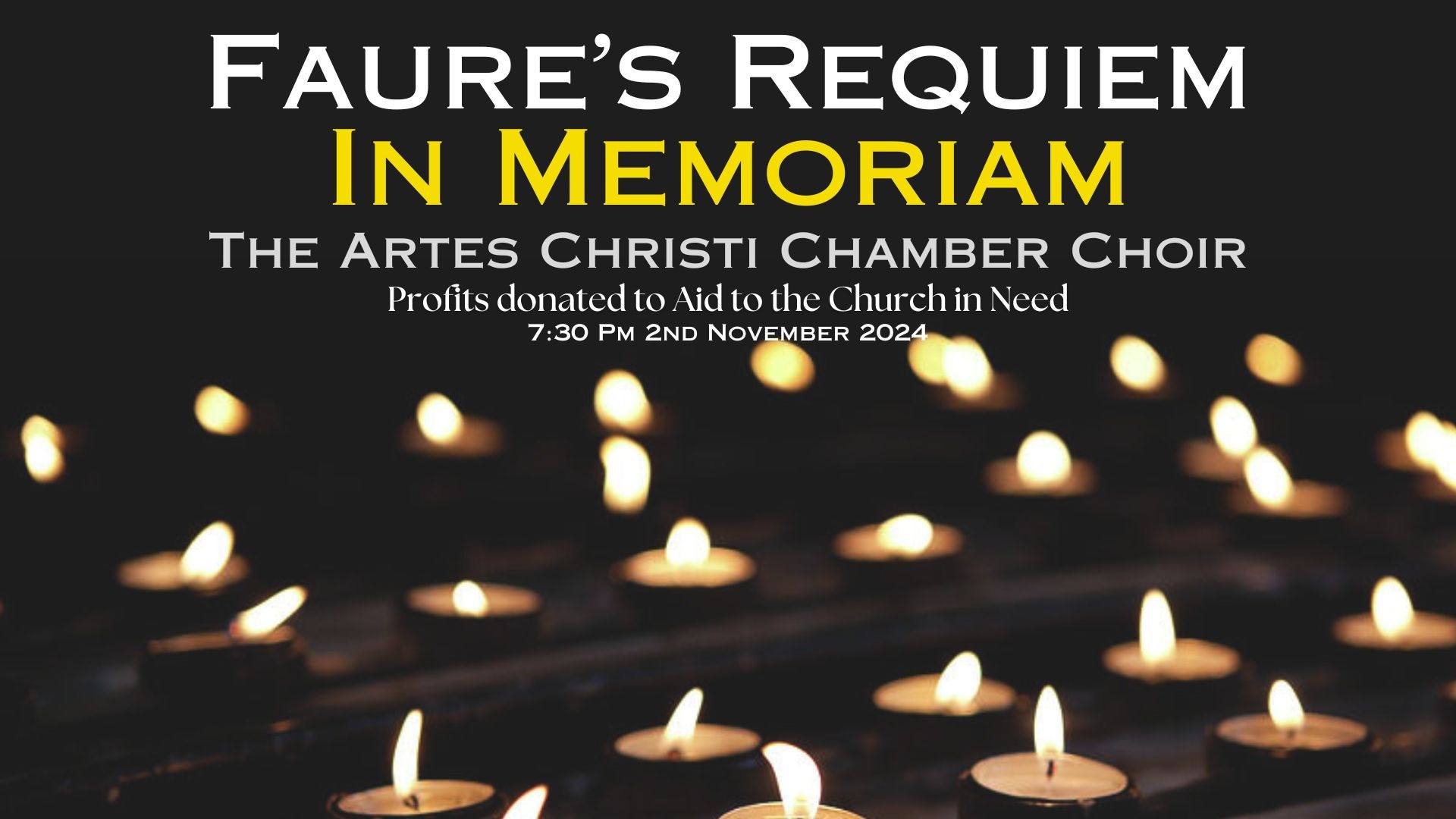
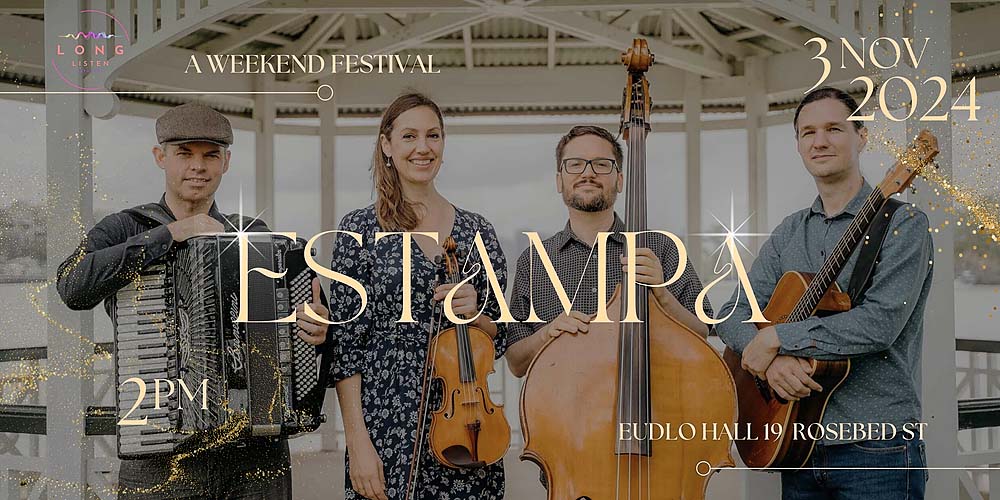

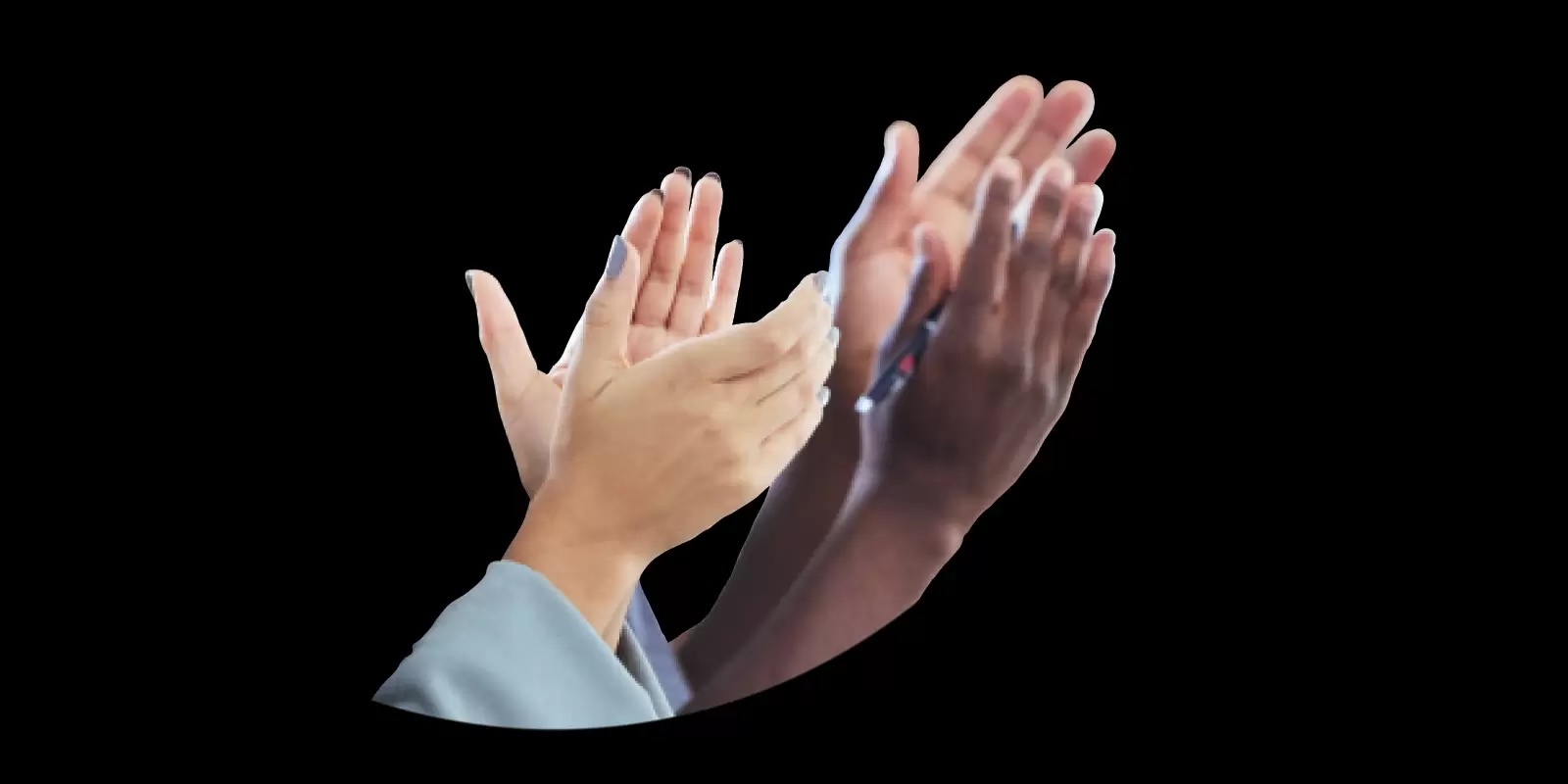



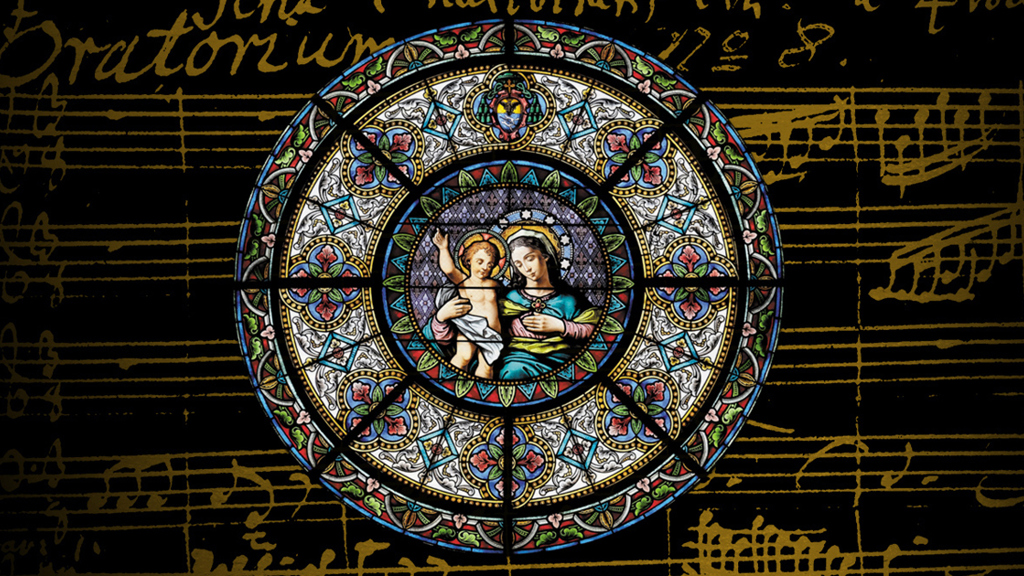
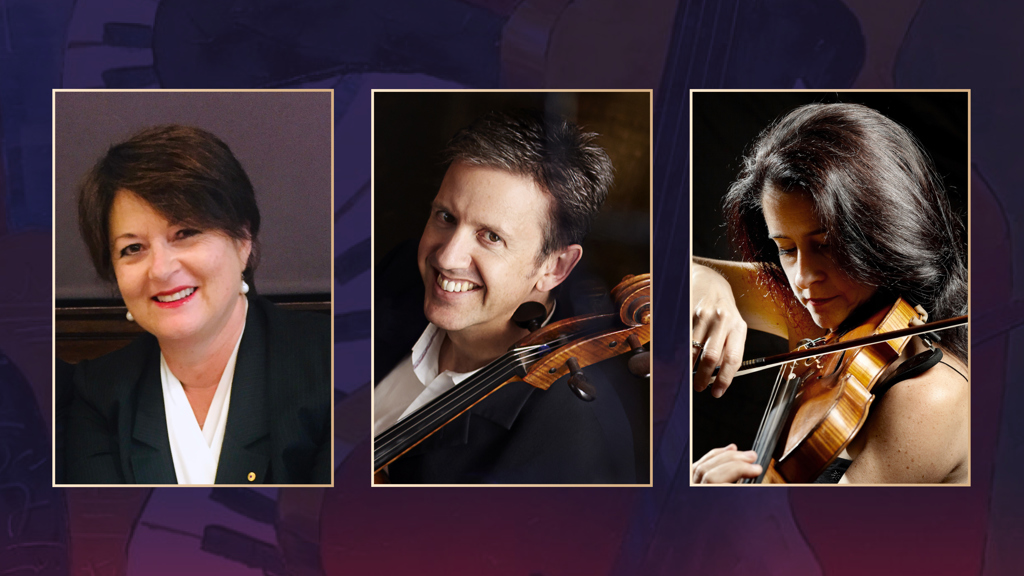

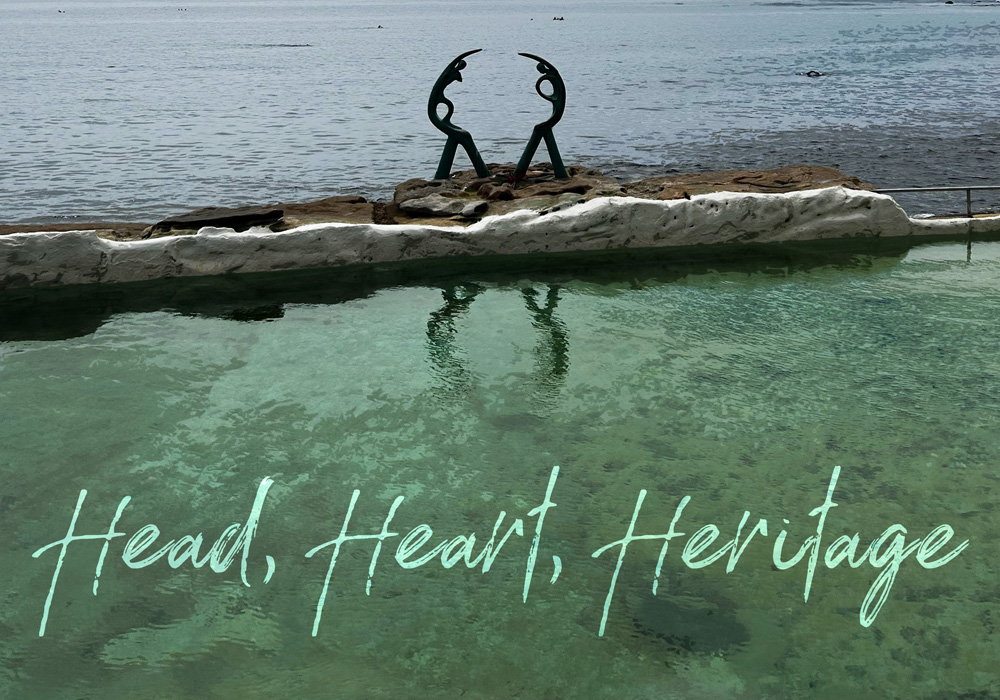
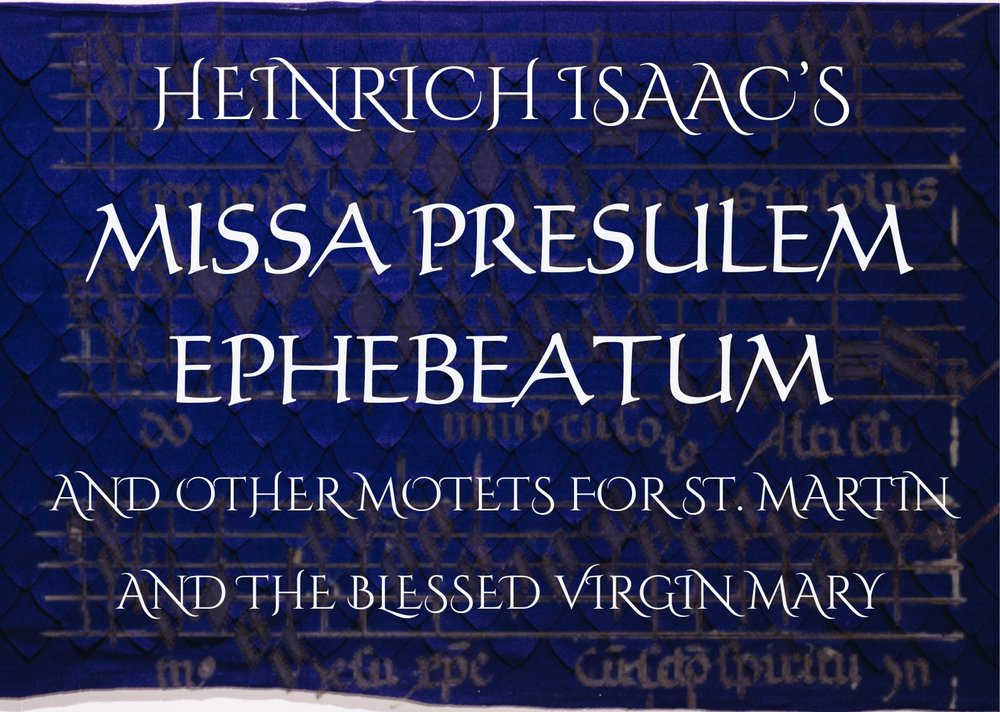

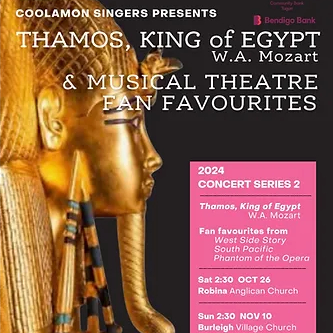
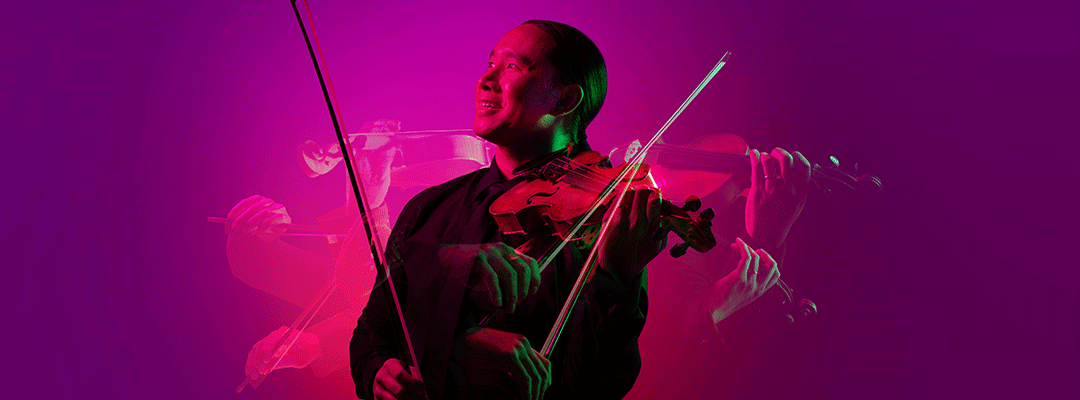


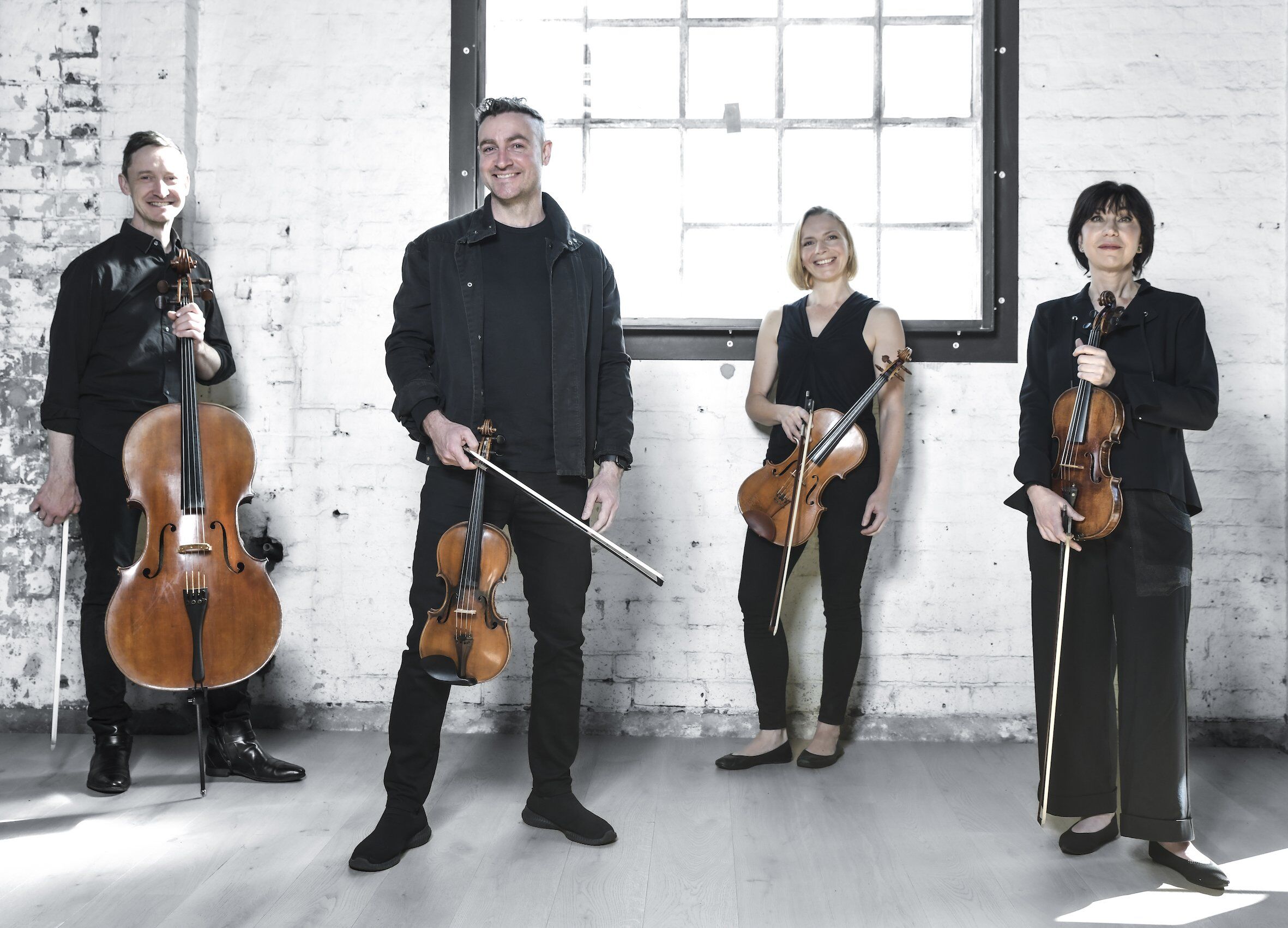

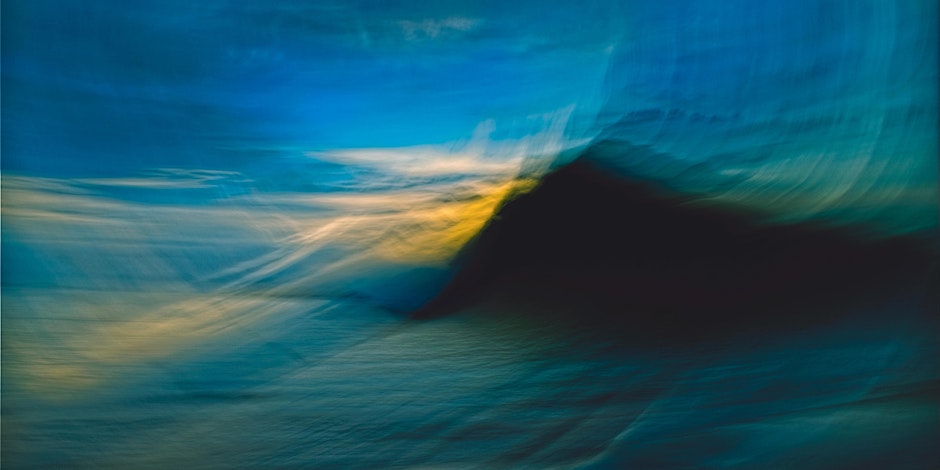

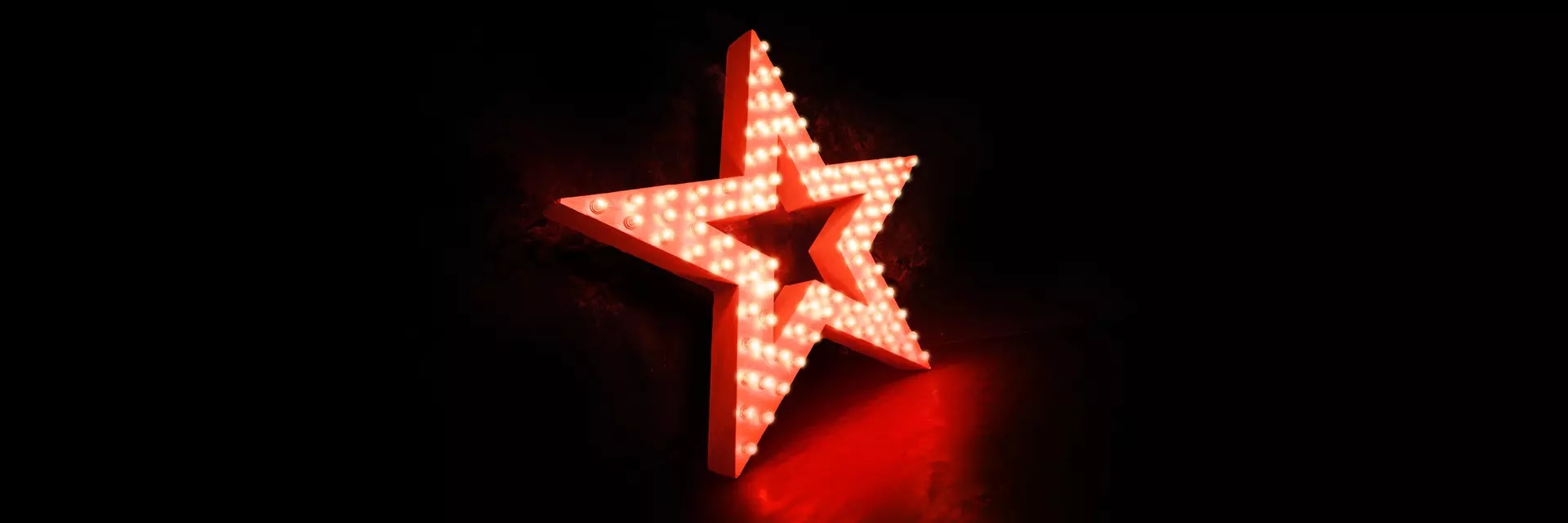

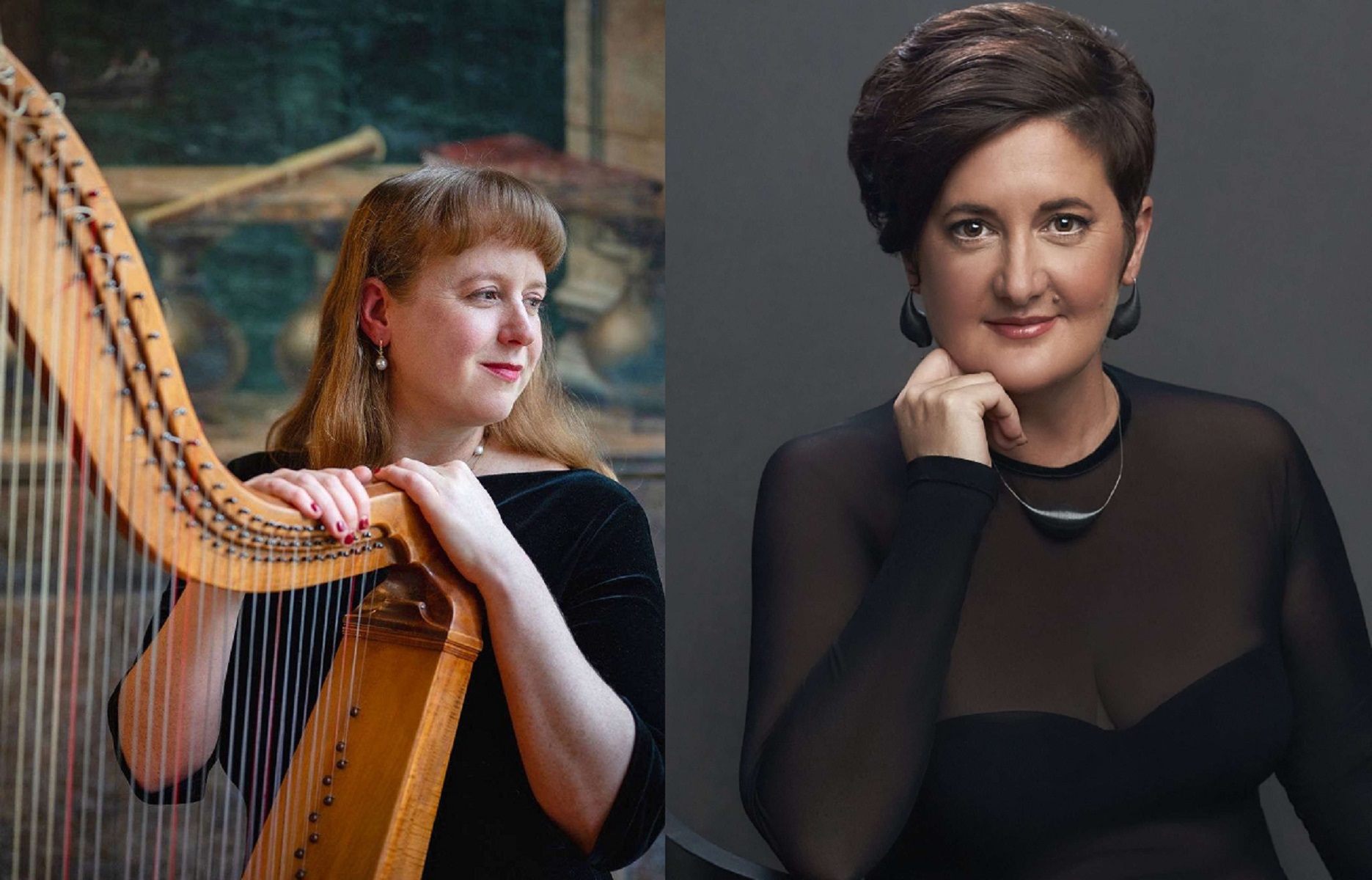
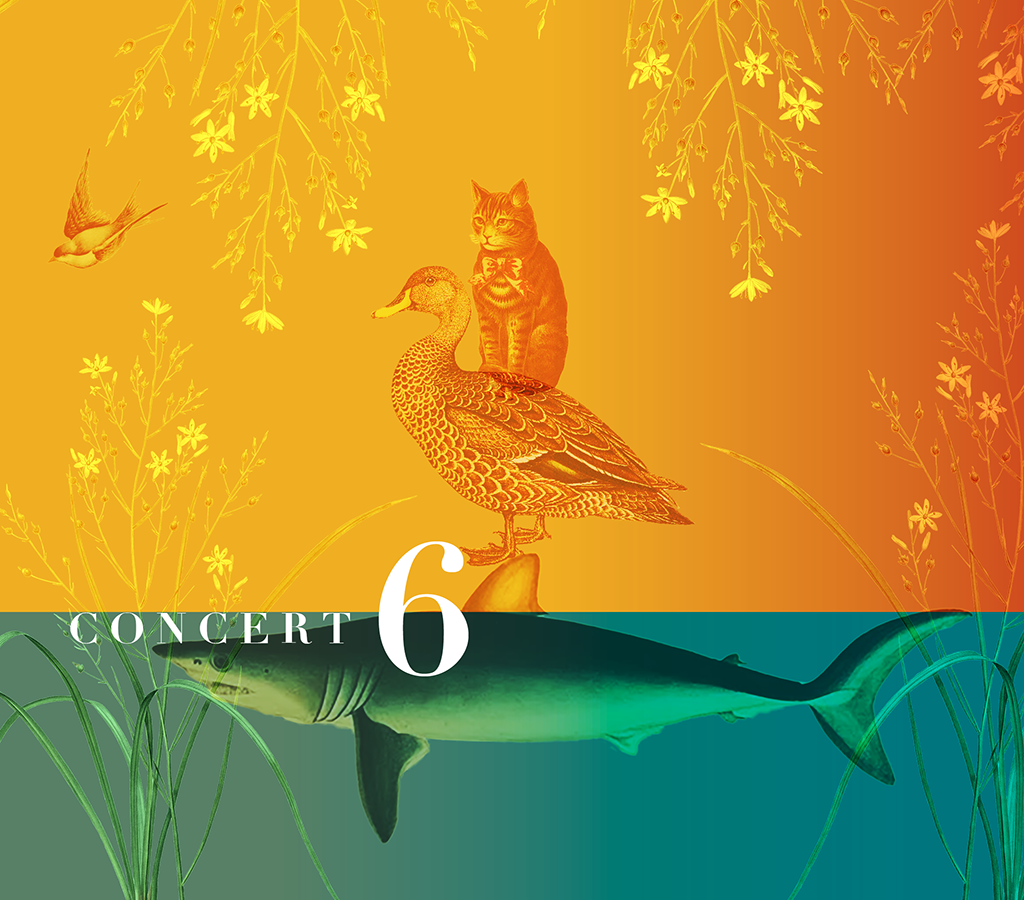

![user222 mrc mostlymozart [splendour of vienna] user222 mrc mostlymozart [splendour of vienna]](https://cdn-classikon.b-cdn.net/wp-content/uploads/2024/02/user222-mrc_mostlymozart_splendour_of_vienna.png)

